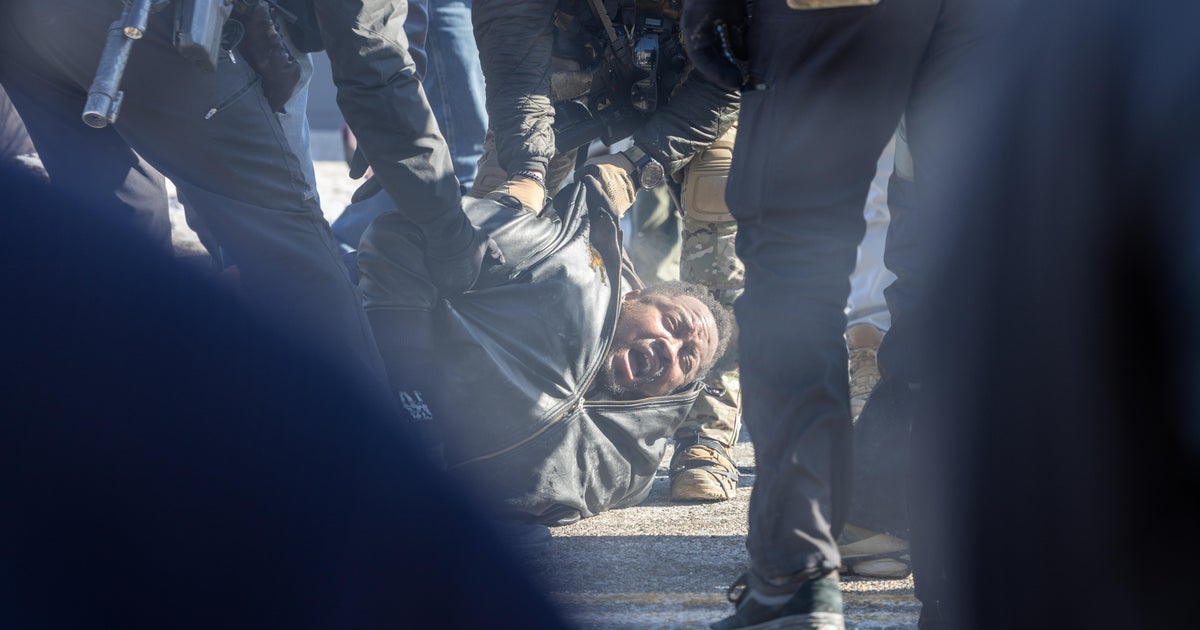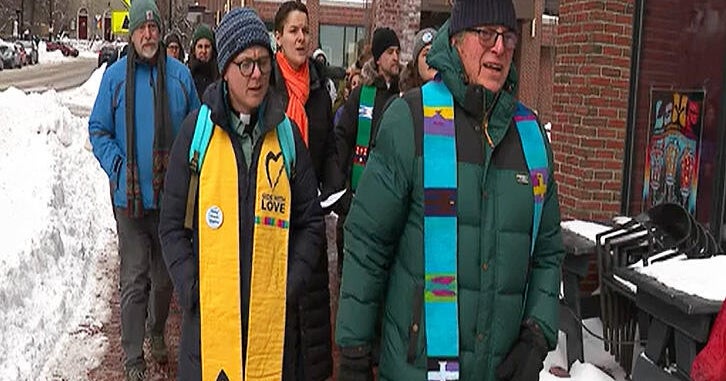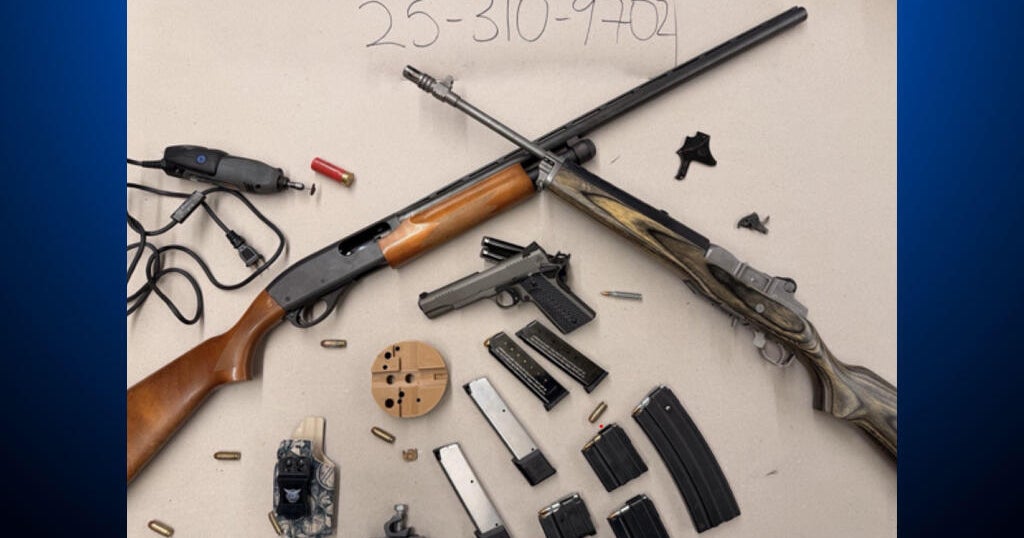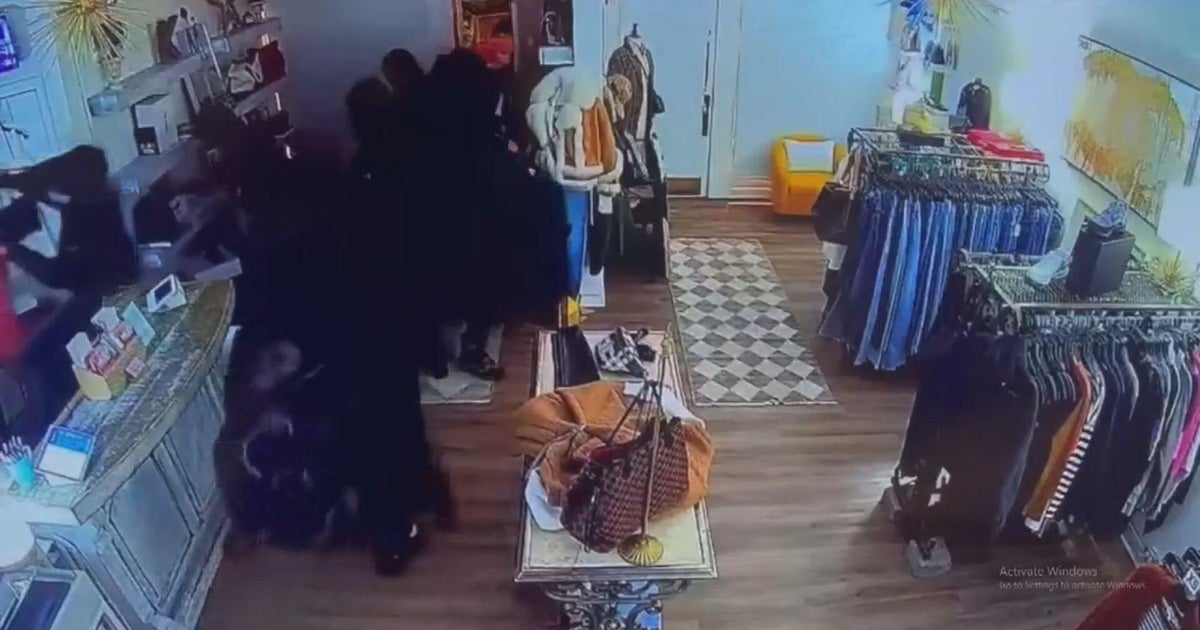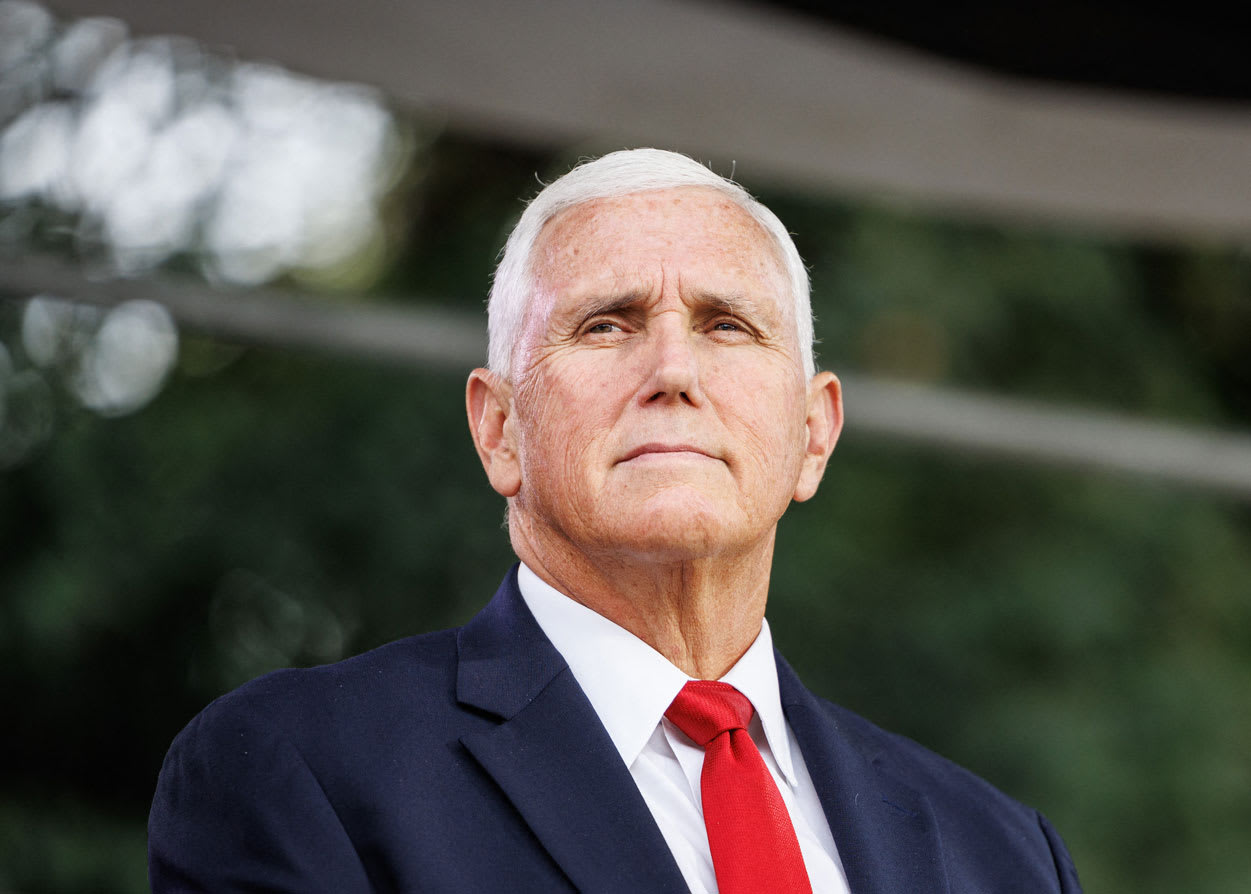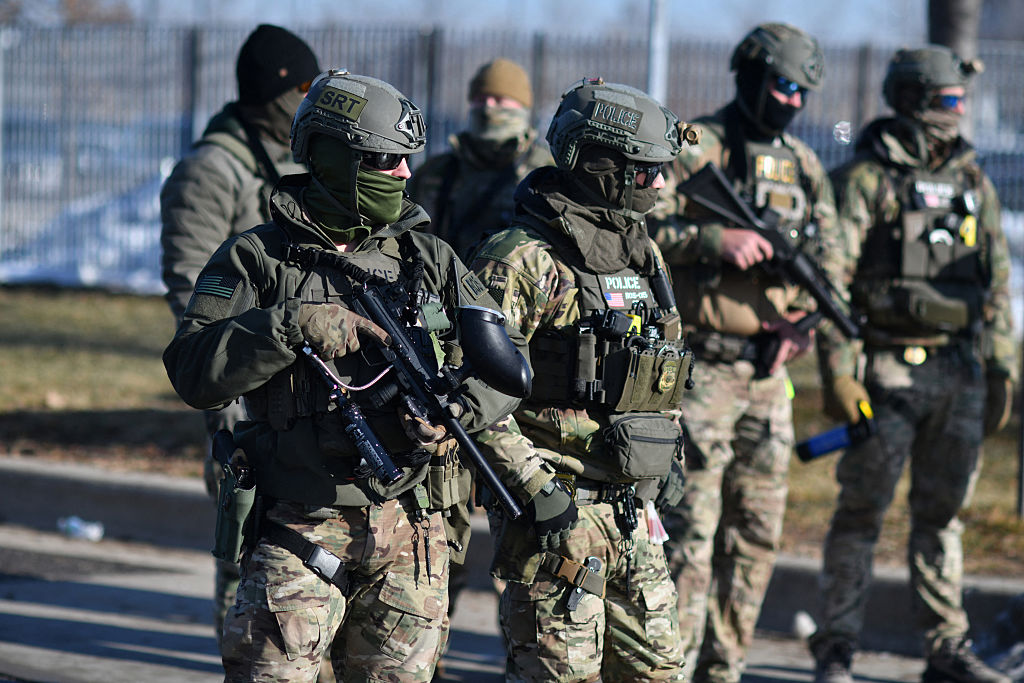Tiger Woods issues statement on the death of George Floyd and urges for peaceful protests
Tiger Woods released a statement Monday calling the death of George Floyd a "shocking tragedy" and urging for peaceful protests. The golf legend is one of many sports icons who have spoken out in the aftermath of Floyd's death.
"My heart goes out to George Floyd, his loved ones and all of us who are hurting right now," a statement posted to Woods' official Twitter account said. "I have always had the utmost respect for our law enforcement. They train so diligently to understand how, when and where to use force. This shocking tragedy clearly crossed that line."
Floyd died in Minneapolis on May 25 after a city police officer pressed his knee into Floyd's neck and held it there for almost nine minutes while Floyd was handcuffed. In a now-viral video of the incident, Floyd can be heard repeatedly saying, "I can't breathe." Four Minneapolis police officers have since been fired and one, Derek Chauvin, has been charged with third-degree murder and manslaughter.
Floyd's death has sparked protests all across the country and the world, with some turning violent.
In the statement, Woods said he remembered the Los Angeles riots in 1992, which began after four police officers were acquitted for their roles in the beating of motorist Rodney King. He added that he "learned that education is the best path forward" through that experience.
"We can make our points without burning the very neighborhoods that we live in," Woods continued. "I hope that through constructive, honest conversations we can build a safer, unified society."
Since Floyd's death, numerous other athletes, including basketball legend Michael Jordan, former NFL quarterback Colin Kaepernick and three-time NBA champion LeBron James.
Former NBA star and social and political activist Kareem Abdul-Jabbar appeared on "CBS This Morning" on Monday, where he spoke about why he supports protesters and the changes he believes must happen.
"These are people who do not have any opportunity to have their voice heard and have someone react to it with respect and appreciation of what they're saying. They do not have that power," he told co-host Gayle King. "I have this vision of a sign that I saw in Minneapolis that said, 'Can you hear us now?' That to me was very significant. I think that's what it's about."
